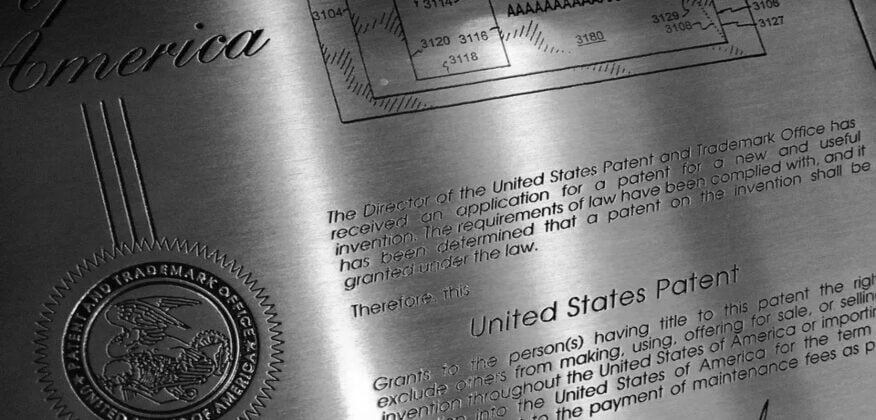In the intricate tapestry of American history, innovation stands out as a defining trait. The Constitution, crafted by our visionary Founding Fathers, granted inventors the “exclusive right” to their creations, thus fueling innovation. As Abraham Lincoln eloquently put it, patents add the “fuel of interest to the fire of genius.” This patent system has powered America’s economic prowess and innovative spirit for centuries.
However, a shadow has fallen over this system.
Enter the Patent Trial and Appeal Board (PTAB), a segment of the U.S. Patent Office. Established in 2011 by the America Invents Act, PTAB was designed as a cost-effective method for resolving patent disputes. Instead of serving this noble purpose, the PTAB has become a favored weapon for Big Tech companies, allowing them to challenge patents owned by smaller innovators.
Why do these tech giants favor the PTAB? It’s simple: The odds are in their favor. An astonishing 84% of patents challenged here get partially or entirely invalidated. In contrast, in federal court, only 30% face the same fate. A former federal circuit chief judge didn’t mince words, dubbing the PTAB a “death squad killing property rights.”
The imbalance is evident. Big Tech frequently exploits the PTAB’s lenient evidence requirements and the possibility to challenge patents repeatedly. This tactic pressures inventors to defend their intellectual property in both the PTAB and federal courts simultaneously.
In 2020, an attempt was made to curb such excesses. The Patent Office introduced the “Fintiv” rule, letting PTAB judges dismiss cases if a court was poised to decide on the patent’s validity. But a year later, in a perplexing move, this rule’s power was curtailed. As a result, PTAB cases surged. Big Tech seized this opportunity, lobbying for a complete repeal of the Fintiv rule.
Now, let’s shift our gaze to the International Trade Commission (ITC). The ITC protects America from unlawful imports, including those violating U.S. patent laws. Yet, Big Tech aims to weaken it. A proposed bill, the Advancing America’s Interests Act (AAIA), threatens to limit the ITC’s power to block patent-violating imports from China.
Alarmingly, many Big Tech companies have a track record of using patented inventions without compensating the original creators. Cases like Sonos v. Google and Masimo v. Apple shine a light on this dark corner of the tech industry. Many of these infringed products are produced in countries like China, exploiting its cheap labor. Apple, for instance, produces almost all iPhones and iPads in China. The brain behind this strategy, Tim Cook, is celebrated for leveraging China’s tech manufacturing capabilities.
Given these stakes, it’s evident why Big Tech would oppose an agency like the ITC that can halt the import of products infringing on U.S. patents. Google’s recent tussle with the ITC exemplifies this. When found guilty of infringing Sonos’s patents, Google argued it should continue because of the “public interest” in its products.
But protecting intellectual property IS in the public interest. It’s the foundation of our innovation-driven economy. Big Tech companies have tried to divert attention, falsely claiming that “patent trolls” misuse the ITC to target U.S. businesses. Yet, the numbers don’t lie. Of the 59 patent cases at the ITC in 2022, a mere 11 could potentially be labeled as brought by “trolls.” This is insignificant when compared to thousands of cases in federal courts.
The AAIA bill endangers American innovators. It piles on costs for patent owners seeking rights protection and might even block some from presenting their cases at the ITC. Big Tech’s goal is transparent: they want the freedom to use inventions they didn’t create and bring infringing goods from China to boost their profits. The ITC, with its commitment to fairness, has routinely dismissed such motivations.
The fact of the matter is that Big Tech’s patent attorney’s are well funded and can use patent information at will. They say it is better to beg forgiveness than to ask permission. In this case it is easier and cheaper to steal patents and take a chance of being beaten in court by a less well funded patent owner than to ask permission and risk being negotiated into a much more expensive royalties deal.
Now, the ball is in Congress’s court. It’s essential that they prioritize American innovation over corporate interests and stand against bills like the AAIA that only benefit Big Tech and countries like China.











